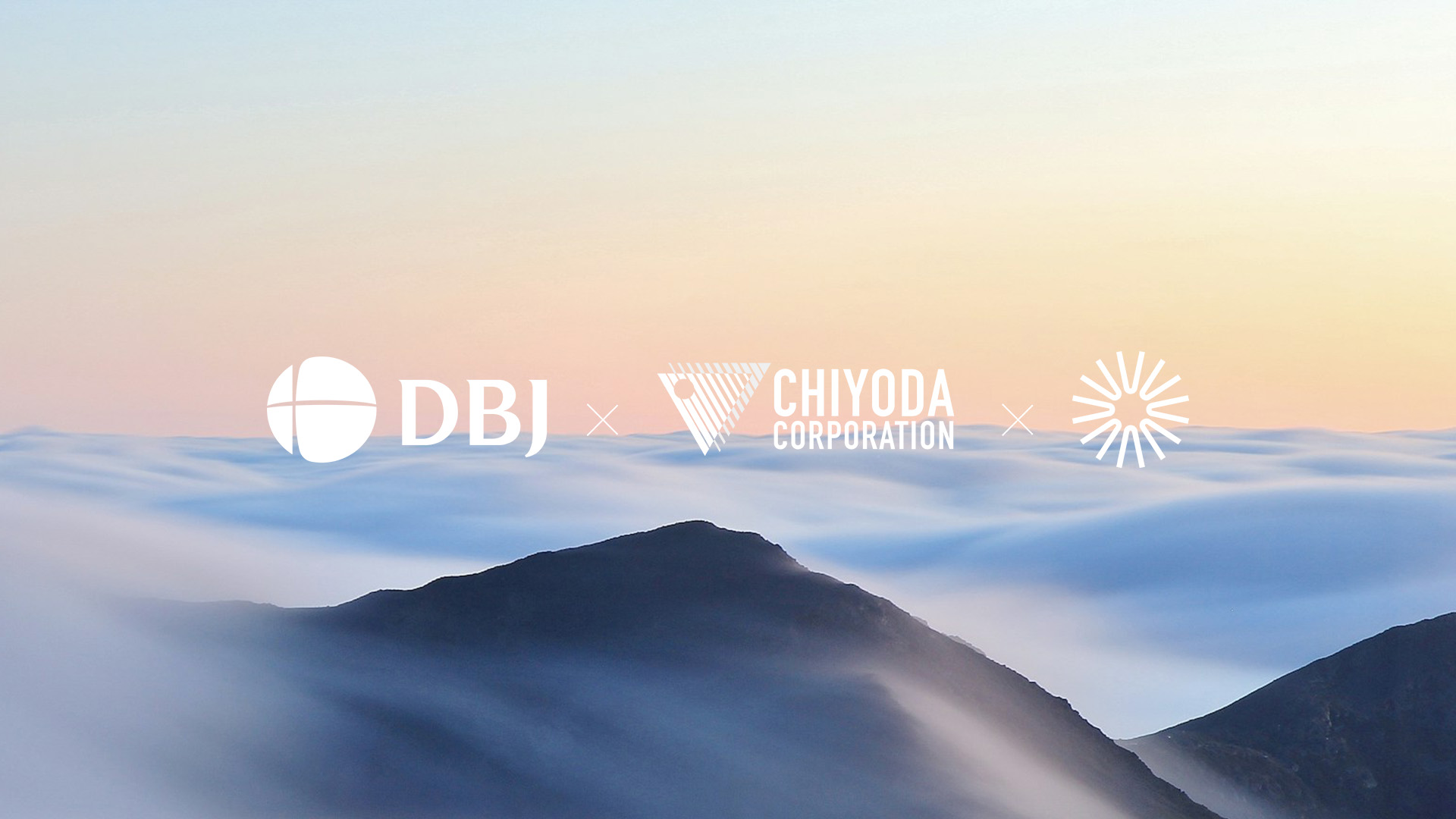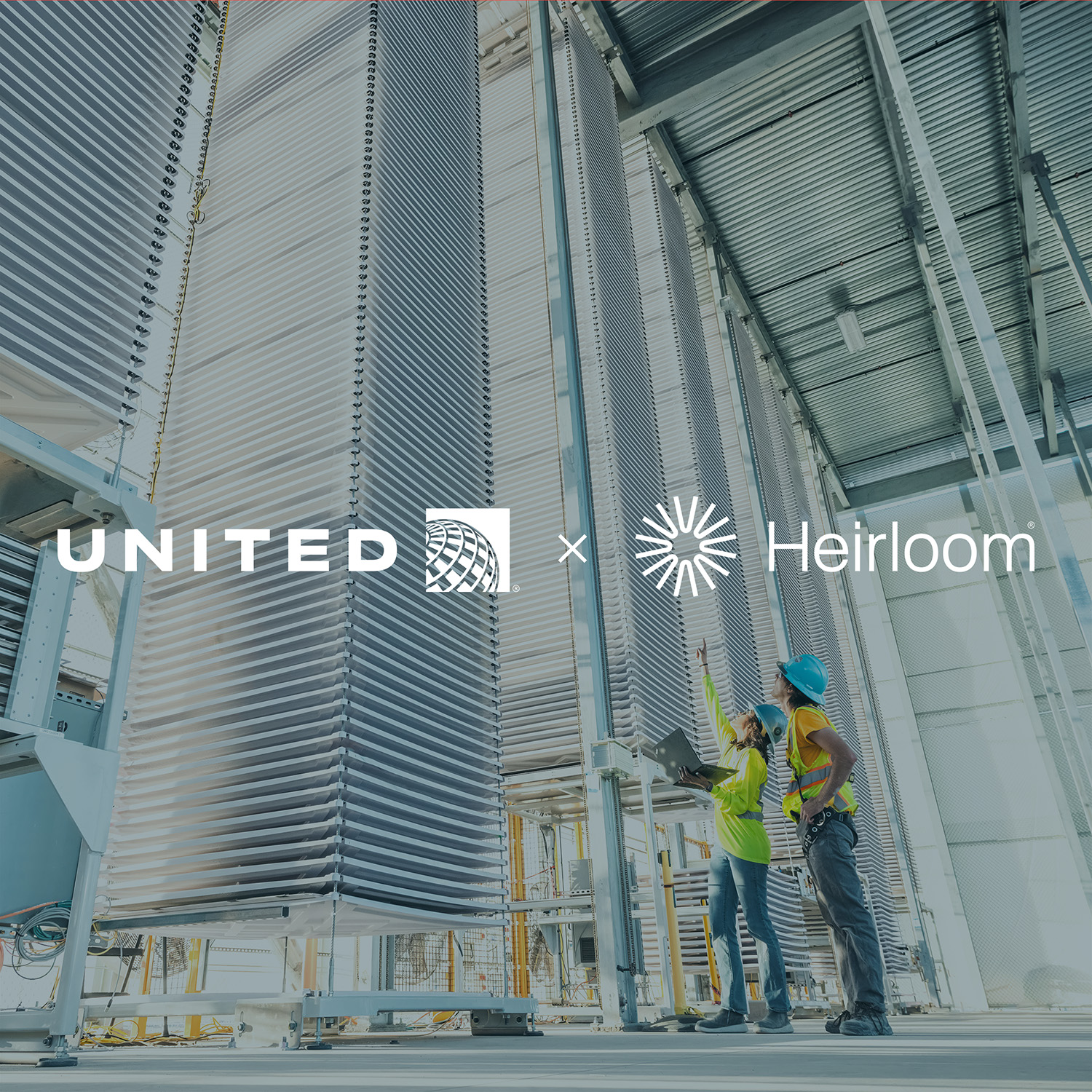Leilac and Heirloom sign agreement to employ electric kiln technology at future direct air capture facilities
Heirloom, a direct air capture (DAC) company permanently removing carbon dioxide (CO2) from the atmosphere, and Leilac, a decarbonization technology partner, have signed licence and collaboration agreements to deploy renewably-powered electric kilns at future Heirloom DAC facilities.
Heirloom will employ Leiliac’s electric kiln technology to heat limestone to produce high purity CO2, which will go for permanent storage, and calcium oxide, which is looped through Heirloom’s process to remove CO2 from the atmosphere.
In welcoming the announcement, Leilac CEO, Daniel Rennie said, “These agreements establish the collaborative foundation for a partnership that combines two complementary technologies and a shared ambitious and purpose-driven culture.
“Our rapid progress is testament to the dedication and ingenuity of both the Leilac and Heirloom teams. Together, we have the potential to deliver a significant impact on removing legacy emissions while also creating an accelerated pathway for the electrification of hard-to-abate industries, such as cement and lime.”
Heirloom CEO, Shashank Samala agreed, “Heirloom is committed to having our DAC facilities run on renewable energy and we’re excited to further a partnership with Leilac to achieve low-cost carbon removal at future facilities on the way to achieving gigaton scale.”
Following the signing of a memorandum of understanding in February 2023, Leilac and Heirloom have progressed the integration of Leilac’s electric calcination and CO2 capture technology into Heirloom’s DAC plants through an extensive research and development campaign. This work is informing the design of new commercial DAC facilities.
Mutual benefits for decarbonization and DAC
Applying Leilac’s technology to Heirloom’s DAC process enables the DAC industry to leverage many years of technology investment and development from Leilac and its parent company Calix, the European Union and partners across the cement and lime industries.
With double the current combined capture capacity of all DAC facilities globally[1], Leilac’s pilot plant is the largest operating carbon capture facility for cement in the world, outside China. A Leilac demonstration plant, with a designed capture capacity of 100,000 tonnes of CO2 per year, is due for construction in 2024. Cement is responsible for ~8% of global CO2 emissions, with most of these emissions being directly and unavoidably released from the raw material.
Mr Rennie continued, “Leilac is excited to apply our core technology, developed for and with the cement and lime industries, to DAC. In turn, we expect our partnership with Heirloom will accelerate the development of electric calcination, as we work with all our partners in support of a just-transition towards an industrially sustainable low-carbon society. It’s a win-win arrangement that aims to maximise the scale and speed at which we can reduce industrial and atmospheric CO2.”
Prevent, reduce, remove: a shared approach to CO2 mitigation
Leilac and Heirloom’s partnership is designed to support a range of CO2 mitigation efforts. The electrification of mineral processing, including cement, lime, iron and steel and critical minerals, can enable a transition from carbon-intensive to renewable energy inputs, preventing future emissions and improving air quality for local communities.
Some hard-to-abate industries, such as cement and lime, produce CO2 as an unavoidable by-product of raw material processing. For these industries, effective and low-cost carbon capture and storage is essential to reduce emissions.
But decarbonizing alone will not be enough to achieve global climate goals. The Intergovernmental Panel on Climate Change projects that carbon dioxide removal in the order of 1–10 billion tonnes of CO2 per year could mitigate residual emissions and, in most scenarios, achieve net negative emissions to return global warming to 1.5°C, following a peak.
Leilac and Heirloom’s collaboration seeks to actively develop and support solutions across the three priorities to prevent, reduce and remove carbon dioxide emissions.
Supporting sustainable local industry
A just transition to net zero requires solutions that balance social, economic and environmental sustainability. Low-cost and scalable CO2 mitigation solutions can help maintain the competitiveness of industry in a low-carbon economy. Scaling decarbonization solutions for essential industries like cement and lime will also help support and maintain sustainable local industrial manufacturing bases.
Ultimately, Leilac and Heirloom’s projects are designed to be delivered through local firms using local resources, supporting local jobs in a just transition to sustainable industry.
Read More

Development Bank of Japan and Chiyoda invest in scaling Heirloom’s low-cost Direct Air Capture technology

Working with United Sustainable Flight Fund to Accelerate Aviation’s Path to True Net Zero


